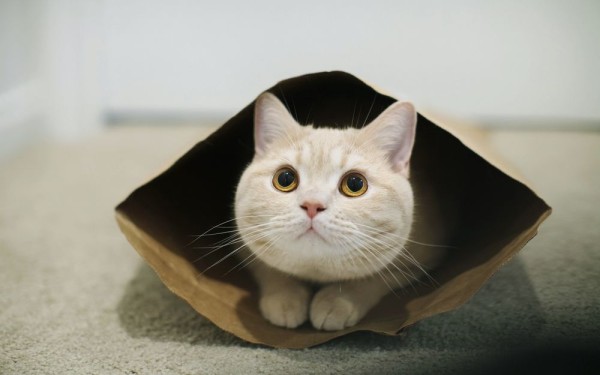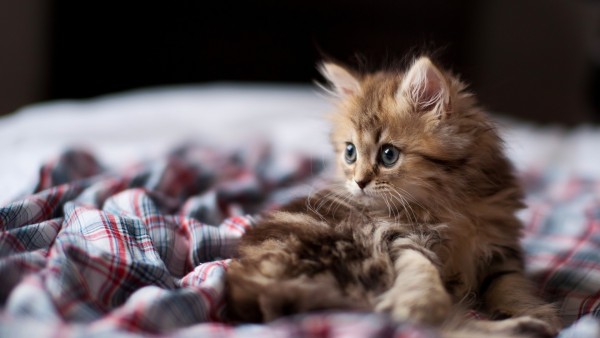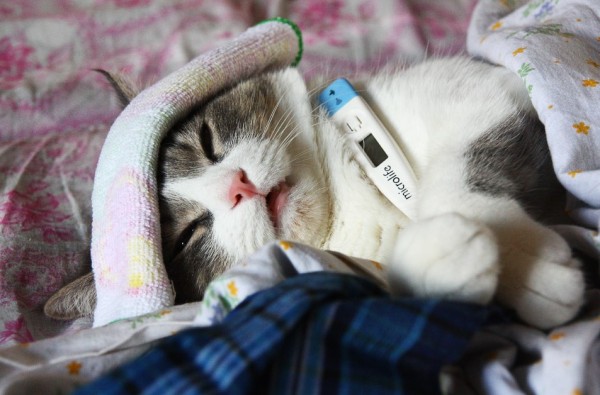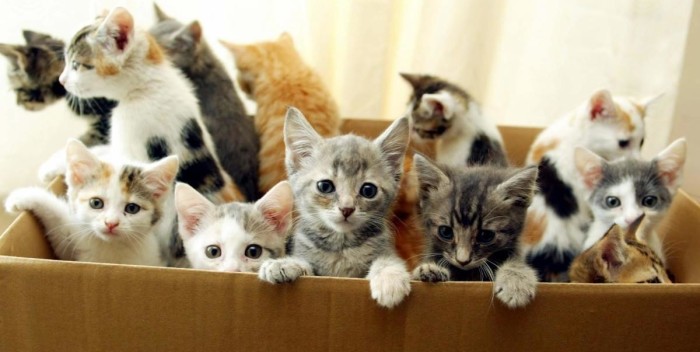Expert advice on how to choose a kitten
Our ancestors chose pets in the following way: newly born kittens were taken away from their mother and taken to a field located not far from home. Then, the mother cat went in search of her children. Following one after another, she returned home. And the one who returned first from the "walk" was taken away. This was explained by the fact that he was able to push his brothers and sisters and get upstairs, which means he was strong and active. Now such a choice of a kitten will not work, therefore, tips for choosing a healthy and active pet will be described below.
How to choose the right kitten
Today you can buy a kitten almost everywhere: on the Internet, pet stores, pet markets, through advertisements in the newspaper, etc. The safest way to buy a baby is via the Internet or advertisements. the owners provide the kitten with the necessary care and attention, rather than in pet stores. 
Before buying a kitten, pay attention to:
- the age should be at least two months, although some experts say that it is too early to pick up the baby from the mother at three months;
- food, and if you can provide it, ask the owners for an alternative;
- whether the pet is accustomed to the tray and scratching post (most owners promise that the kitten does not bring trouble in this regard, but it is better to make sure);
- baby's condition: the eyes, nose and ears are clean, the gums are pink, the wobbles are smooth, and the coat is shiny;
- vaccination passport of a kitten (the first vaccination is done at 8-12 weeks);
- does he respond to the nickname, if not, then choose the name yourself;
- pedigree (if you want to purchase a purebred pet).

Do not rush to buy, at first glance, all kittens are cute and kind, and it seems as if each of them will perfectly fit into your life. But it is worth remembering that the little crumbs have character, therefore, before taking him to your home, take a closer look at him.
How to choose a healthy kitten
Unfortunately, not all kittens are born healthy, which means that in the future they special care needed and considerable costs for medicine and visits to the zoo clinic. Not everyone will be able to provide a decent life for an unhealthy baby, which is why people strive to acquire a healthy and active kitten. 
When a baby is small, it is very difficult to notice his health problems.
- how only you saw toddler trace per his behavior. It should lot play and exhibit activity. If a you noticed, what head kitten moments shaking this is means, what at him mite or otitis, but possibly, what—then more serious.
- Feel the nose of the crumbs, in a healthy one it should be a little wet, but in no case should it snot.
- Examine the four-legged eyes. They should not water, which means that black pus does not form in the corners (some breeds are an exception: Persians, exotics).
- Next, check the ears. If sulfur has accumulated in them, and an unpleasant smell is felt, then most likely the kitten has an ear mite... More precisely, you can find out in the zoo, where the doctor will take a scraping.
- Examine the area around the anus. If there is dirt on the fur in the form of yellowish feces, the kitten is sick and has diarrhea.
- Inspect the general condition of the coat. It should be shiny and without bald spots (if any, the baby is sick with shingles, although many sellers say that the kitten is simply sick with vitamin deficiency).
- The baby should be examined for fleas. To do this, pet the kitten against the growth of the fur and take a closer look. If there are small, black, moving spots on the skin, these are fleas. It is better to carry out such an examination under the tail, under the arms and next to the ears, because this is the favorite place of bloodsucking.
- The last thing that you can easily see for yourself is the presence of worms. If the kitten moves on the priest, he is sick.


